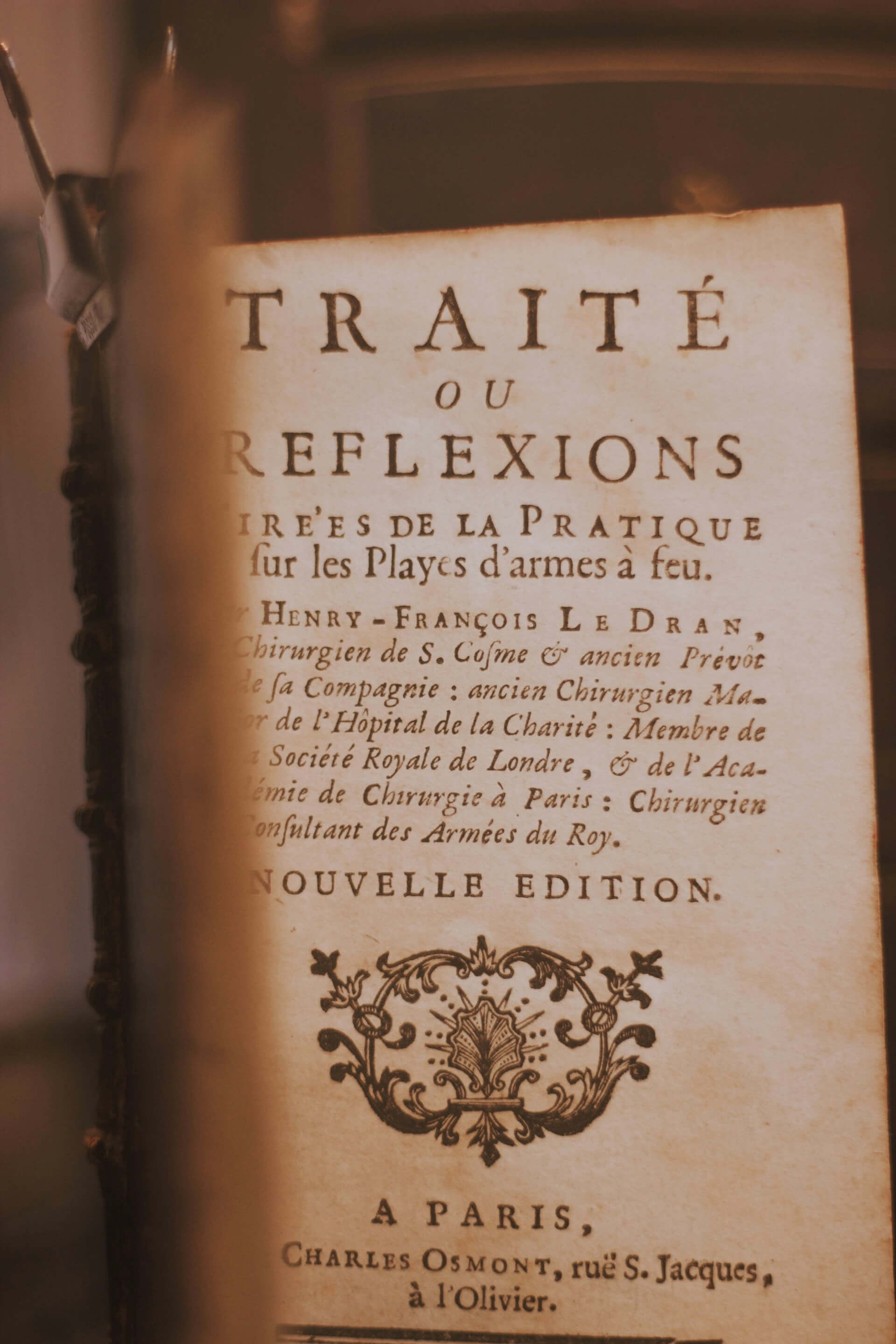For centuries, the French language has been vigilantly guarded, yet it's also been steadily enriched by English borrowings. This dynamic tug-of-war between linguistic preservation and evolution reflects cultural values, identity, and communication needs.

Founded in 1635, the Académie Française remains the official guardian of French grammar, spelling, and vocabulary. In the digital age, it continues to resist anglicisms (particularly in institutional communication) warning that such usage erodes social cohesion and clarity.
Reports from the Académie have highlighted problematic terms like Ouigo, big data, and drive-in, asserting that many could (and should) be replaced with French equivalents. In 2022, the Culture Ministry mandated French alternatives for gaming jargon, e-sports becomes jeu vidéo de compétition, streamer becomes joueur-animateur en direct.
Ahead of Paris 2024, MPs urged using French slogans (e.g., replacing “Made for Sharing”) during the Games to preserve linguistic prominence.
Since 1999, this satirical group awards a mock “indignity” prize to elites who excessively promote English in French institutions, highlighting public resentment toward linguistic erosion.
Despite purist claims, many anglicisms are low-frequency or ephemeral. Borrowed words can enrich French, fueling slang and playful neologisms without permanently displacing native vocabulary.
In Quebec, anglicisms (while common in spoken contexts) are largely rejected in formal contexts due to fears of cultural assimilation.
The Académie’s 2024 dictionary edition added 21,000 words (like super-héros, risotto, and wokisme) but notably excluded smartphone, web, and coronavirus. Critics derided it as outdated and overly slow to reflect modern usage. Observers argue that enforcing purity may ignore the evolving nature of living language.
Franglais (a mix of French and English) has been part of linguistic debate since the 1960s. It ranges from humorous blends to communication that defies understanding. While the Académie is against its spread, it also concedes that not all Borrowings are harmful; some enrich the language when used appropriately.
| Traditionalists | Defense of language purity, formal French usage, protection against Anglicisms |
| Reformists | Language evolves; embrace useful, widespread loanwords |
| Public Sentiment | Mixed feelings: nostalgia, practicality, cultural preservation |
| Reality | Language is a living system: both robust and dynamic |
The debate over language purity vs. anglicisms in French embodies broader tensions between tradition and innovation. While institutions strive to preserve (and rightly so) cultural identity, language naturally evolves through social interaction and global influence. French remains dignified and vibrant not despite change, but because it continues to evolve, urgently.
As one commentator rightly puts it: “Languages are not monuments, they are tools for communication.”
Tuesdays 2-6pm
Thursdays 10am-2pm
Saturdays 10am-12pm
Alliance Française Silicon Valley
Los Gatos, CA 95032
Leave a Comment